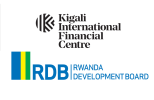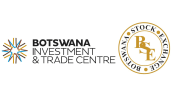The Growing Industry of Goat Farming
The goat farming industry is experiencing significant growth worldwide. This surge is driven by the increasing demand for goat meat and dairy products.

In particular, goat farming in Botswana is gaining attention. The country’s unique climate and terrain make it an ideal location for this industry.
However, the industry faces challenges, such as disease control and climate change. Despite these hurdles, innovative practices and technologies are paving the way for a sustainable future.
This article delves into the intricacies of the goat farming industry, its economic impact, and its future prospects.
Global Significance of Goat Farming
Goat farming plays a crucial role in the global agricultural sector. It contributes significantly to food security, providing a reliable source of meat and dairy products.
Goats are adaptable creatures. They thrive in various climates and terrains, making goat farming a viable option in diverse regions.
The industry also offers employment opportunities. It supports rural economies, particularly in developing countries.
Moreover, goat farming has cultural significance in many societies. It is deeply intertwined with traditions and customs, further enhancing its global relevance.
Economic and Sustainable Impact
The economic impact of goat farming is profound. It provides a steady income for farmers, especially in rural areas.
Goat farming also contributes to sustainable agriculture. Goats are efficient converters of low-quality forages into high-quality meat and milk.
Their manure is a valuable organic fertilizer, enhancing soil fertility. This reduces the need for chemical fertilizers, promoting environmental sustainability.
Furthermore, goats play a role in land management. They control weeds and clear undergrowth, preventing the spread of bushfires.
Goat Farming in Botswana: A Case Study
Botswana presents a unique case in the goat farming industry. The country’s arid climate and vast rangelands are well-suited for goat rearing.

Goat farming in Botswana has been a success story. It has provided employment, boosted local economies, and contributed to food security.
However, challenges persist. Diseases, lack of modern farming techniques, and market access are key issues. Yet, with continued investment and policy support, Botswana’s goat farming industry holds great promise.
Challenges and Innovations in Goat Farming
The goat farming industry faces several challenges. Diseases, climate change, and market fluctuations pose significant risks.
Yet, the industry is also marked by innovation. New farming practices are enhancing yield and sustainability.
Technology and modernization are transforming the sector. They are improving breeding, disease management, and market access.
Despite the challenges, the goat farming industry is resilient. It continues to adapt and innovate, promising a sustainable future.
The Future of Goat Farming Industry
The future of the goat farming industry looks promising. Demand for goat meat and dairy is on the rise.
Technological advancements are expected to further boost productivity. They will also improve animal welfare and disease management.
Government policies and subsidies are likely to continue supporting goat farmers. This will help in overcoming challenges and enhancing growth.
In conclusion, the goat farming industry is poised for growth. It holds immense potential for rural development, sustainable agriculture, and food security.













































